Cette publication est également disponible en :
Français
Representing the fifth generation of his family to work at Robertet, Julien Maubert holds the post of Head of Raw Materials. Keen to reconcile family heritage with innovation, the group combines tried and-tested traditional methods with sustainable sourcing.
—
Interview from the chapter dedicated to the Damask rose, in the book From Plant to Essence – A World Tour of Fragrant Raw Material (see below)
—
How is your rose products supply chain organized ?
In both Turkey and Bulgaria alike, the company’s intention is the same: to keep as close as possible to the source. We have been established in Keçiborlu, Turkey, since the 1960s and Dolno Sahrane, in Bulgaria, since 2013. We want to guarantee the traceability and the quality of a product as strategic as the rose. Our dream is to set up a second cultivation site in the southern hemisphere in order to benefit from a second harvest.
The whole industry is talking about sustainability : What role does it play at Robertet ?
When working with natural raw materials, sustainability is essential. While the concept may seem overdone these days, it has formed part of our philosophy and our DNA from the very beginning. When working with roses, sustainability involves social and ecological concerns – for instance, how do we guarantee an income for our skilled workers over the whole year ? How do we transmit skills to a local team and share good agricultural practices with them ? So we spend a lot of time discussing issues such as limiting the use of pesticides and replacing plastic sacks with jute ones, for example.
Turkey and Bulgaria are more and more receptive to these problems : Bulgaria has put in place an hours-based work permit in order to avoid undeclared labor.
What are the innovations pertaining to this flower ?
The processing methods involved – distillation and solvent extraction – remain traditional. Innovation is focused more on the technical parameters of the ingredient, including decolorization and the elimination of methyl eugenol [limited by legislation]. We are also exploring upcycling with the recovery of the hydrolate, as well as the production of phenethyl alcohol and other by-products, such as the absolute obtained from distilled rose petals.
- More about Robertet: www.robertet.com
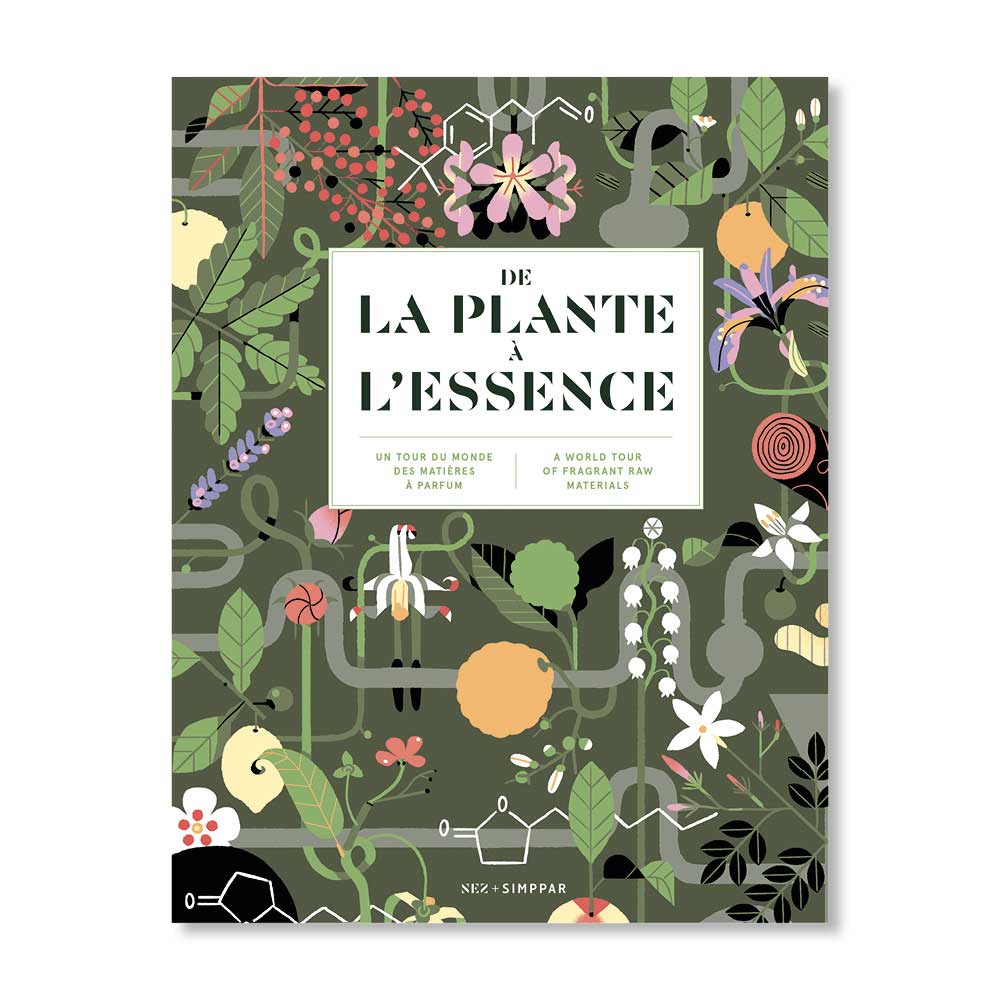
This interview is from:
De la plante à l’essence – Un tour du monde des matières à parfums
From Plant to Essence – A World Tour of Fragrant Raw Material
(Français-English), Nez éditions, Collectif, 2021, 45$/30€
- Available for France and international: Shop Auparfum
- Available for North America: www.nez-editions.us
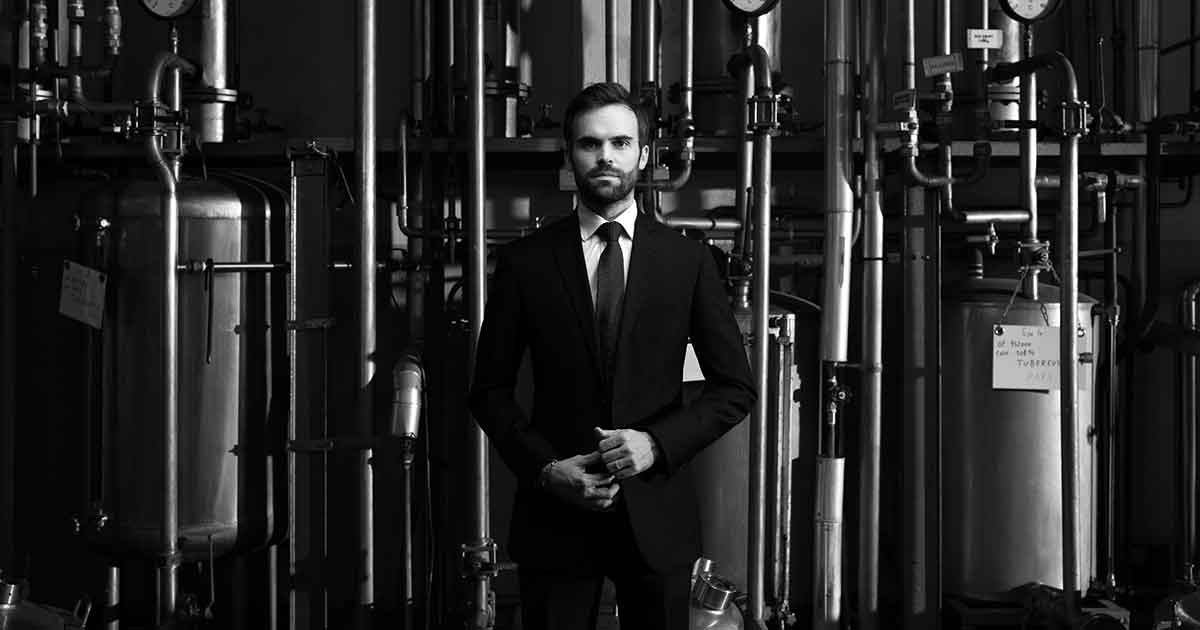
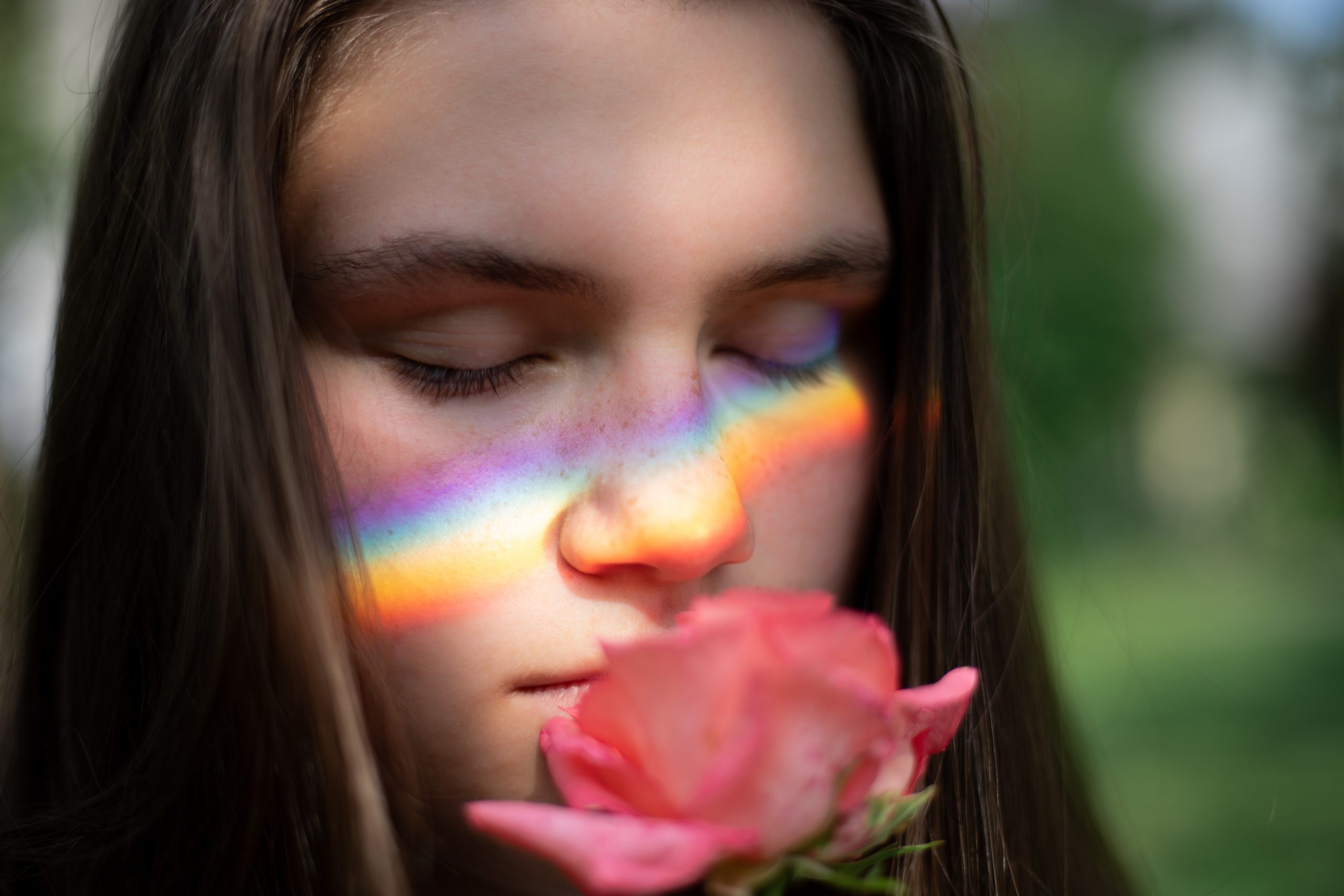
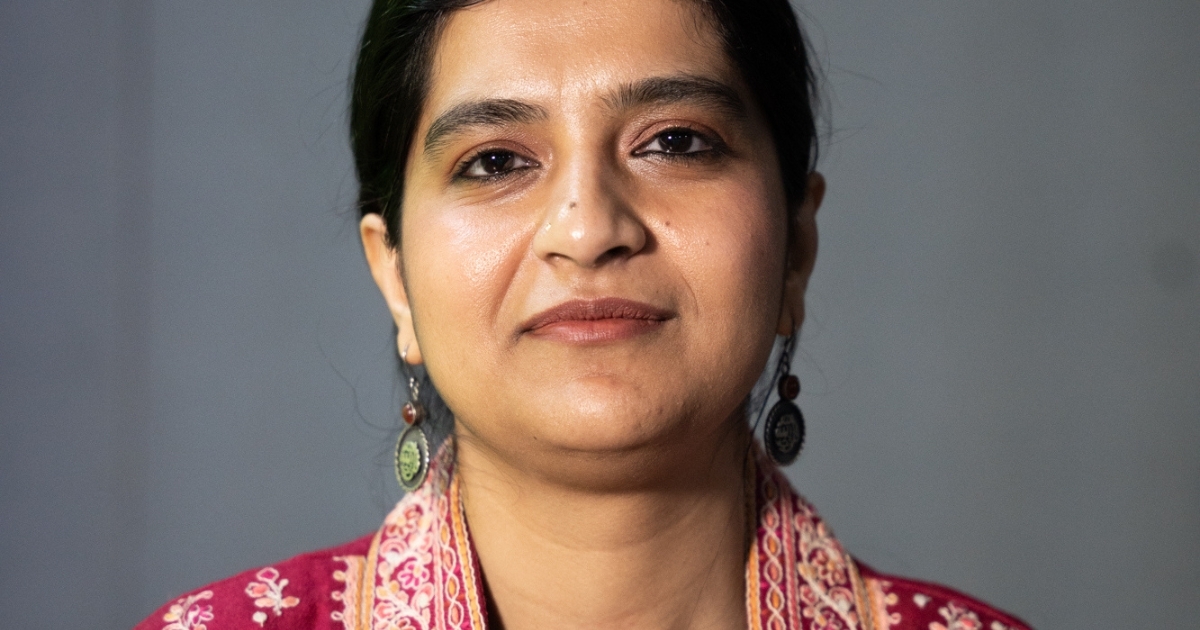
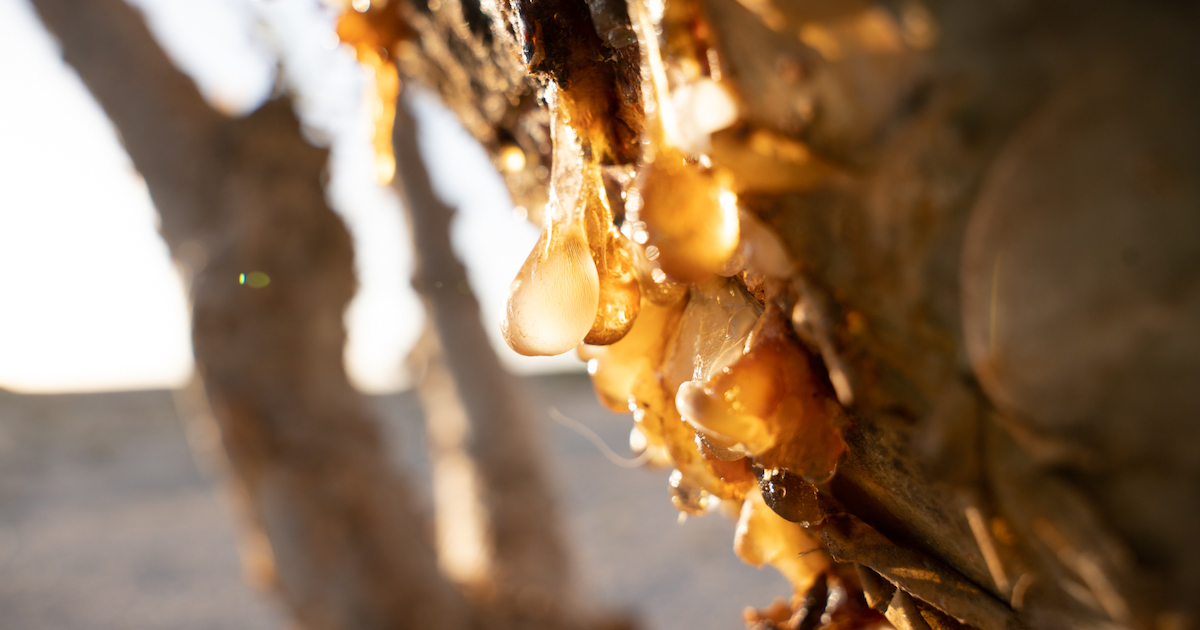
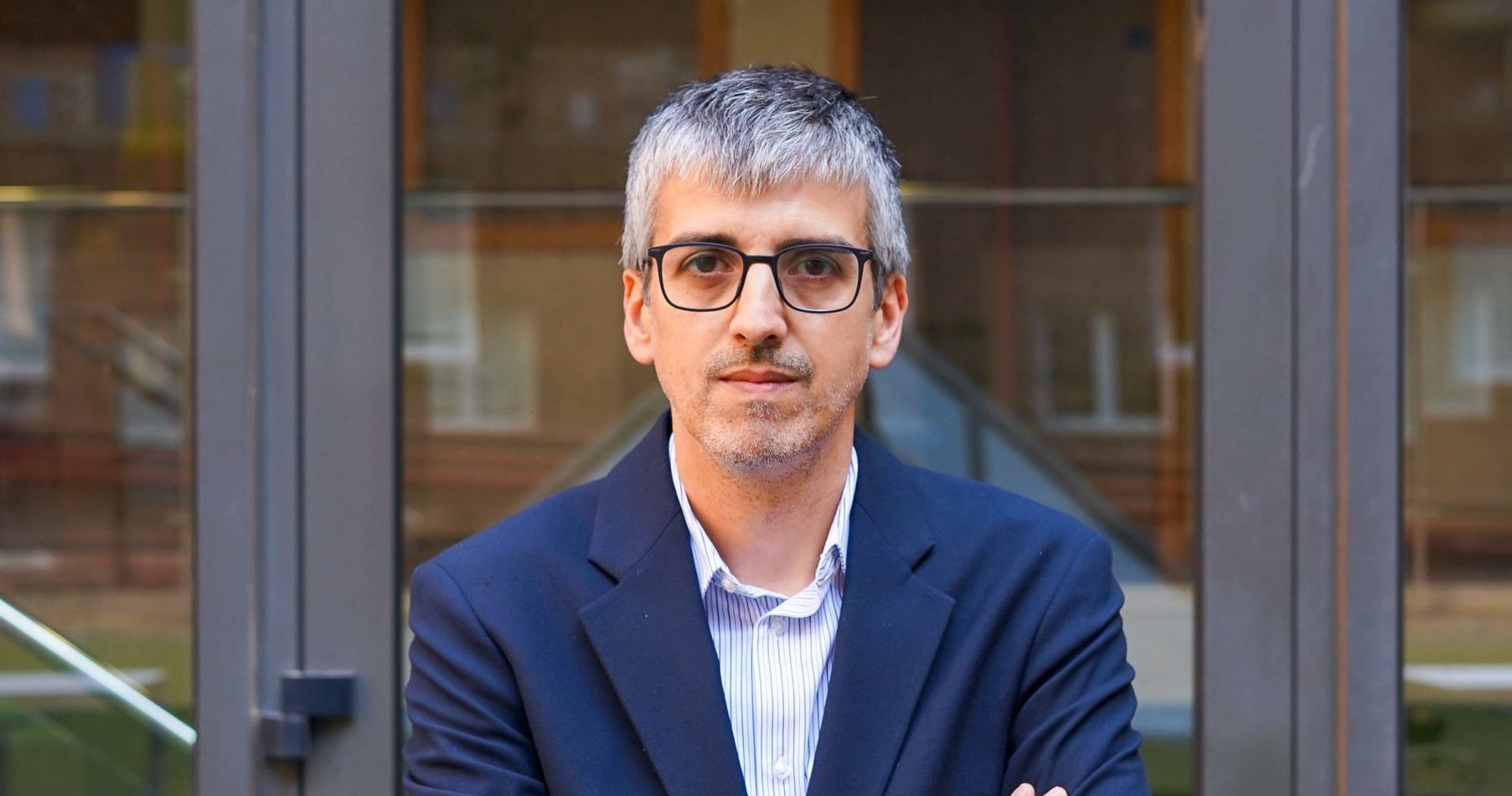



Comments